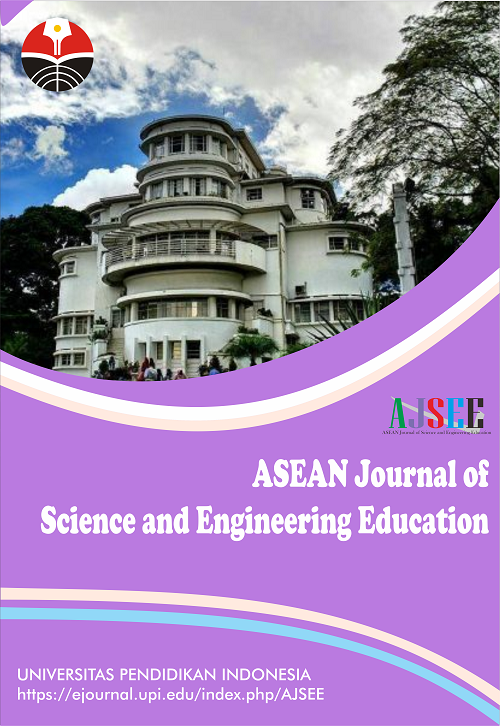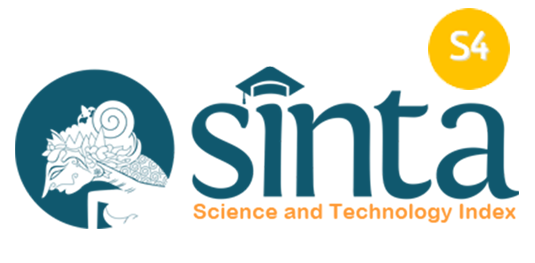Effect of Developed Mobile Application on Undergraduates Academic Performance in Computer Science
Abstract
Keywords
Full Text:
PDFReferences
Adedoja, G. (2016). The influence of age and educational qualification on stakeholder’s perception of integrating mobile technology into basic education in Nigeria. Africa Research Review: An International Multi-Disciplinary Journal, 10(3), 42.
Ahmad, H. (2015). Gender differences in students utilization of electronic information resources in ramat library,University of Maiduguri, Nigeria. Maiduguri Journal of Social Science and Community Resources Implementation, 2(5),6-26
Archana, S., and Yadav, R. D. (2013, Oct-Dec). Impact of Mobile technology on libraries: A descriptive study. International Journal of Digital Library Services, 3(4), 1-58.
Hassan, M., Hamdan, Z., and Al-sadi, J. (2012). A new mobile learning content design process. International Journal of Academic Research, 4(1), 23-28.
Lowenthal, J. N. (2010). Using mobile learning: Determinates impacting behavioral intention. American Journal of Distance Education, 24(4), 195-206.
Martin, F., and Ertzberger, J. (2013). Here and now mobile learning: An experimental study on the use of mobile technology. Computers and Education, 68, 76-85.
Mehdipour, Y., and Zerehkafi, H. (2013). Mobile learning for education: Benefits and challenges. International Journal of Computational Engineering Research, 3(6), 93-101.
Mueller, J. W., Willoughby, T. R., and Specht, J. (2008). Identifying discriminating variables between. Computers and Education, 51(4), 1523-1537.
Tabisa, M. (2013). The potential use of mobile technology: Enhancing accessibility and communication in a blended learning course. South African Journal of Education, 33(1), 1-18.
Taleb, Z., and Sohrabi, A. (2012). Learning on the move: the use of mobile technology to support learning for university students. Procedia-Social and Behavioral Sciences, 69, 1102-1109.
Traxler, J. (2009). Learning in a mobile age. International Journal of Mobile and Blended Learning (IJMBL), 1(1), 1-12.
Valk, J., Rashid, A. T., and Elder, L. (2010). Using mobile phones to improve educational outcomes: An analysis of evidence from Asia. International Review of Research in Open and Distance Learning, 11(1), 117-140.
Wong, L. (2013). A learner- centric view of mobile seamless learning. Br. J. Educational Technology, 43, E19–E23.
DOI: https://doi.org/10.17509/ajsee.v2i3.44833
Refbacks
- There are currently no refbacks.
Copyright (c) 2022 Universitas Pendidikan Indonesia

This work is licensed under a Creative Commons Attribution-ShareAlike 4.0 International License.














